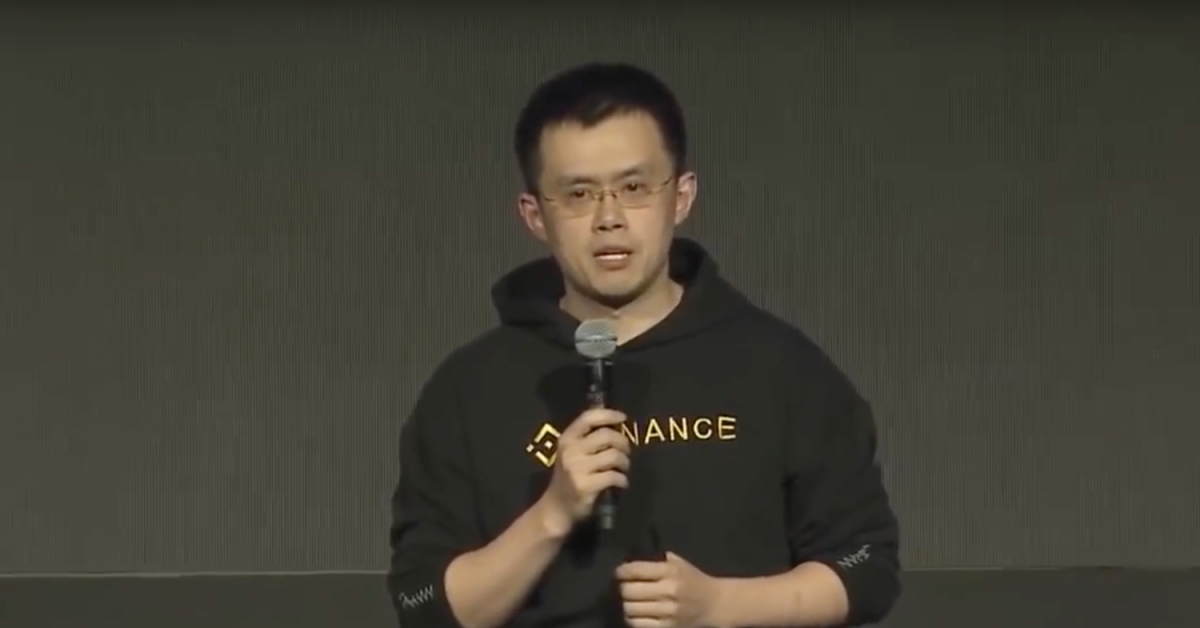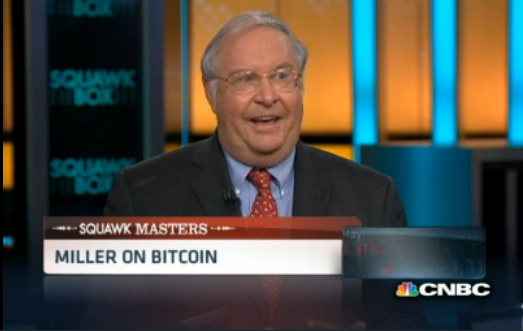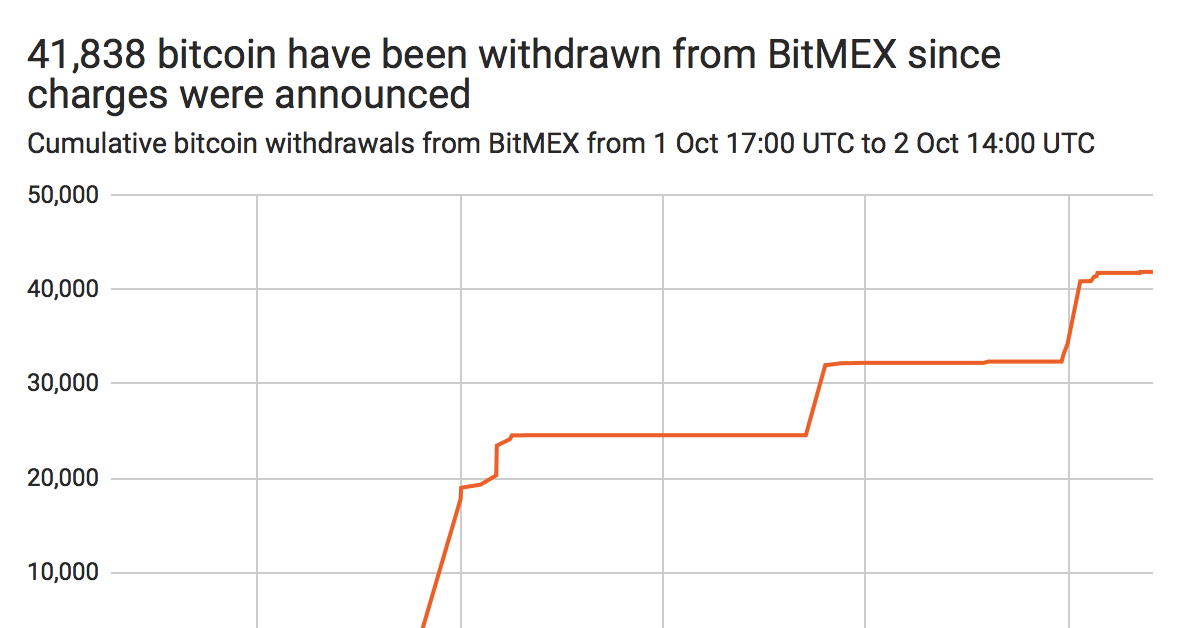Yale Researchers Turn to Hyperledger to Track Carbon Emissions
Yale Researchers Turn to Hyperledger to Track Carbon Emissions
In our current state of lockdown, it may sound facile to say technologies like blockchain, IoT and AI can protect us. But it’s a combination of those tools that software architects think will help mitigate the largest known existential threat we face today: climate change.
A team from Yale University’s Open Innovation Lab (OpenLab) has been exploring how distributed ledgers, Internet of Things (IoT) sensors and other data-science tools can be used to measure and track carbon emissions.
It’s a gargantuan task, but Yale’s Open Climate project has been laying the foundations for a global carbon accounting mechanism that can be compatible with the Paris Agreement, the United Nations framework for holding the increase in the global average temperature to below 2°C above pre-industrial levels.
“I understand climate change as a big picture, managing our global planetary carbon budget,” said Martin Wainstein, the founder of the Yale OpenLab. “To me, that translated into an accounting problem.”
One of Open Climate’s recent collaborative forays has been within the Linux Foundation’s Hyperledger blockchain greenhouse, where Wainstein now co-chairs a climate action and accountability working group.
Following Open Climate’s work with identity-focused Hyperledger projects Indy and Aries, Wainstein said a climate change focus could be in the cards, similar to the Hyperledger Sawtooth blockchain’s focus on supply chain, known as Grid.
“I do think that eventually, it would make sense to have a domain-specific framework similar to HL Grid for climate,” Wainstein said. “We will have a more consolidated development and announcement probably in the next couple of months.”
The BC approach
Wainstein’s climate accountability group has been working with the government of British Columbia (BC) on a project to use Hyperledger’s digital identity domains to track and verify oil wells in the Canadian province.
The carbon footprint of an oil well is measured and a permit, in the form of verifiable credential, is issued by BC’s digital identity system, which incorporates DLT within its architecture.
“We are very interested in BC’s work around verified credentials for oil well permits,” said Wainstein. “The way that they are designed, you have a verified credential for an oil permit and the same architecture for the credential for an IoT device that is reporting on how that oil well is being used, and a verified credential of the company operating that. So you go all the way up until the sub-national level accounting using its own verified credential.”
Verifiable credentials are a way of establishing trust relations between entities. Like digital versions of physical credentials (such as passports or credit cards), they can be presented and verified on a peer-to-peer basis. A strong digital identity uses cryptographic signatures derived from public key infrastructure (PKI), but is decentralized.
Rather than centralized checking authorities (the way browsers work on the internet), a blockchain can be used as a kind of “public keyring,” so issuers of verifiable credentials can make their public key(s) globally discoverable and available via the DLT.
It’s a much “lighter” way to use a blockchain than, for example, writing transactions to the chain or storing transaction data there.
“We don’t frame our work as ‘blockchain,’ nor do we face issues about blockchain adoption,” said John Jordan, the Province of British Columbia’s executive director of emerging digital initiatives. “Yes, there is a blockchain involved but it is deep down in the technical layers and is not relevant to the end user, nor the services that will be able to issue, verify and revoke credentials.”
Another Open Climate collaboration involves incorporating digitally verifiable credentials into Verses Labs’ “spatial web” protocol, a virtual mapping of space using IoT sensors and artificial intelligence. It’s a way to “express actions in the real world but manage them in the digital world,” said Wainstein.
Auditing opportunity
Accurately accounting for carbon using new digital protocols also presents “a huge opportunity” to the tech-savvy “big four” accounting firms, said Wainstein.
Deloitte, KPMG, EY and PwC jointly released a paper at this year’s environmentally focused World Economic Forum in Davos titled “Toward Common Metrics and Consistent Reporting of Sustainable Value Creation.” But none of the four were immediately available for comment on the subject of carbon accounting.
“I have been having talks with some of the Big Four [accounting firms], explaining how carbon accounting is going to be a huge part of their business in the future,” said Wainstein. “I think they are starting to understand. We have been focusing on the tech side of the design and then hope to incorporate them at a later track, in which they can start working at consortium level.”
When it comes to consortia building, the lesson from previous years is to take things in stages, as opposed to breathlessly adding big names, first and foremost. Open Climate, for instance, is currently in the first stage, which involves gathering philanthropic capital and an association of nonprofits, particularly universities and high-level institutions to work together. Getting a base layer of entities in place that don’t necessarily have a vested interest is important, Wainstein said.
“Around early next year, if everything goes well, we will create the model for funding in a consortium where you bring in corporate assets. But that is only after you already have the governance mechanism,” he said.
The next immediate step is the Open Climate Collabathon, which takes place in April. Last year’s Collabathon was organized by the Yale lab alone and brought together some 400 developers and climate researchers, with two-thirds located onsite in various campus nodes.
This year the event is expected to be almost entirely remote due to the coronavirus-induced lockdown.
“We think it’s very important to improve the technology for collaboration remotely and now we don’t have an option,” said Wainstein.
Disclosure Read More
The leader in blockchain news, CoinDesk is a media outlet that strives for the highest journalistic standards and abides by a strict set of editorial policies. CoinDesk is an independent operating subsidiary of Digital Currency Group, which invests in cryptocurrencies and blockchain startups.









